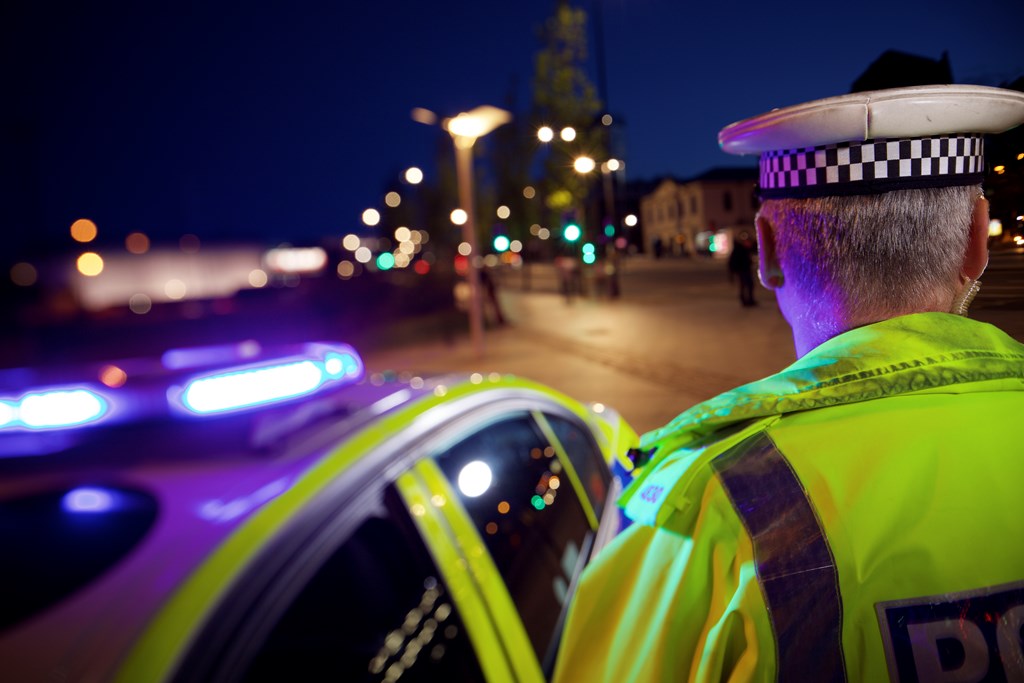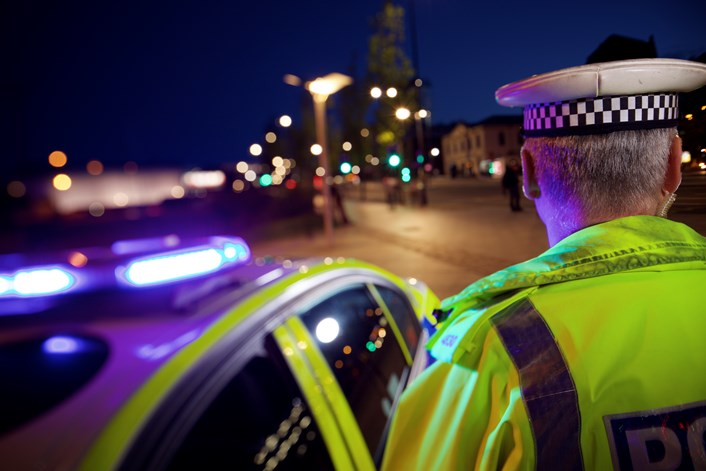
13 Jul 2017
NPCC to review the national armed police response in light of the changing threat
At the quarterly meeting of Chief Constables Council, held over the last two days, chiefs discussed the role of armed police and Taser in protecting the public and officers in a terror attack.
National Police Chiefs' Council Lead for Armed Policing, Deputy Chief Constable Simon Chesterman said:
"Chief constables discussed the significant shift in the terror threat to the UK and how we will work with the government to meet it.
"As part of that discussion, chiefs considered the role of armed police. There was a clear commitment to our model of policing with the principle of minimal use of force and a routinely unarmed service at its core. At the same time, we need to be assured we have the right level of armed policing to end an attack quickly and protect as many people as possible.
"In light of the changing threat, we have agreed to review the armed response across the country looking at the risk to the public and our officers who are first on the scene. We will carefully consider whether there is a need to further increase the number of highly specialist officers working in armed response vehicles, whether some currently unarmed officers in key locations should be armed and more Tasers for front line officers. Part of this review will look at engagement so the views of the public, those working in policing and the government are heard and considered."
The review will be led by two NPCC committees: the operations committee led by Chief Constable Alec Wood and counter-terrorism led by Assistant Commissioner Mark Rowley.
The College of Policing also proposed it would consider changes to enable chief constables to provide their probationary officers with Taser training if they had a need to do so.
Chief Constable Alex Marshall, College of Policing CEO, said:
“We have a long standing tradition of having an unarmed police service and it enjoys wide public support and respect across the world.
“Policing in 2017 is becoming ever more challenging and complex and chief officers must balance the traditions we have with the need to protect the public and their officers.
“We consulted with forces and more than half told us that they do not anticipate ever having a requirement to train probationers to carry such devices. For the few forces who told us they do anticipate such a requirement, the College has agreed to look at the best way for this to happen and examine any potential for specials to be trained in this area.
“An example of the requirements that may have to be met by probationers include providing evidence of effective conflict management and decision making which is endorsed by their manager.
“Training in this area is among the best and most comprehensive in the world and we will continue to maintain these high standards so that the public and our officers are protected.”
Final approval for probationers or specials to carry Taser will require the approval of the Home Secretary.
Contact information
Communications office
By phone: 0800 538 5058
By email: press.office@npcc.police.uk

